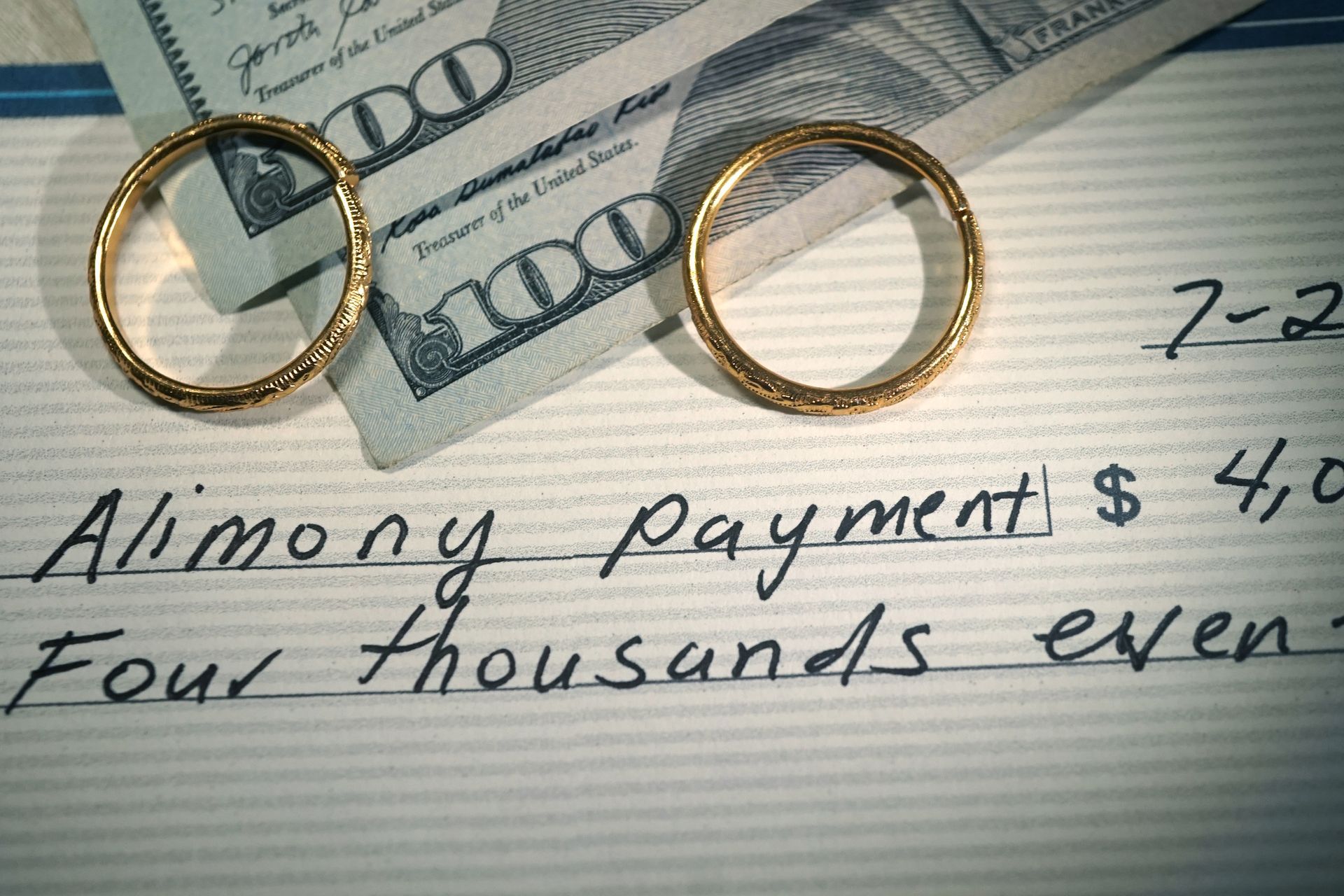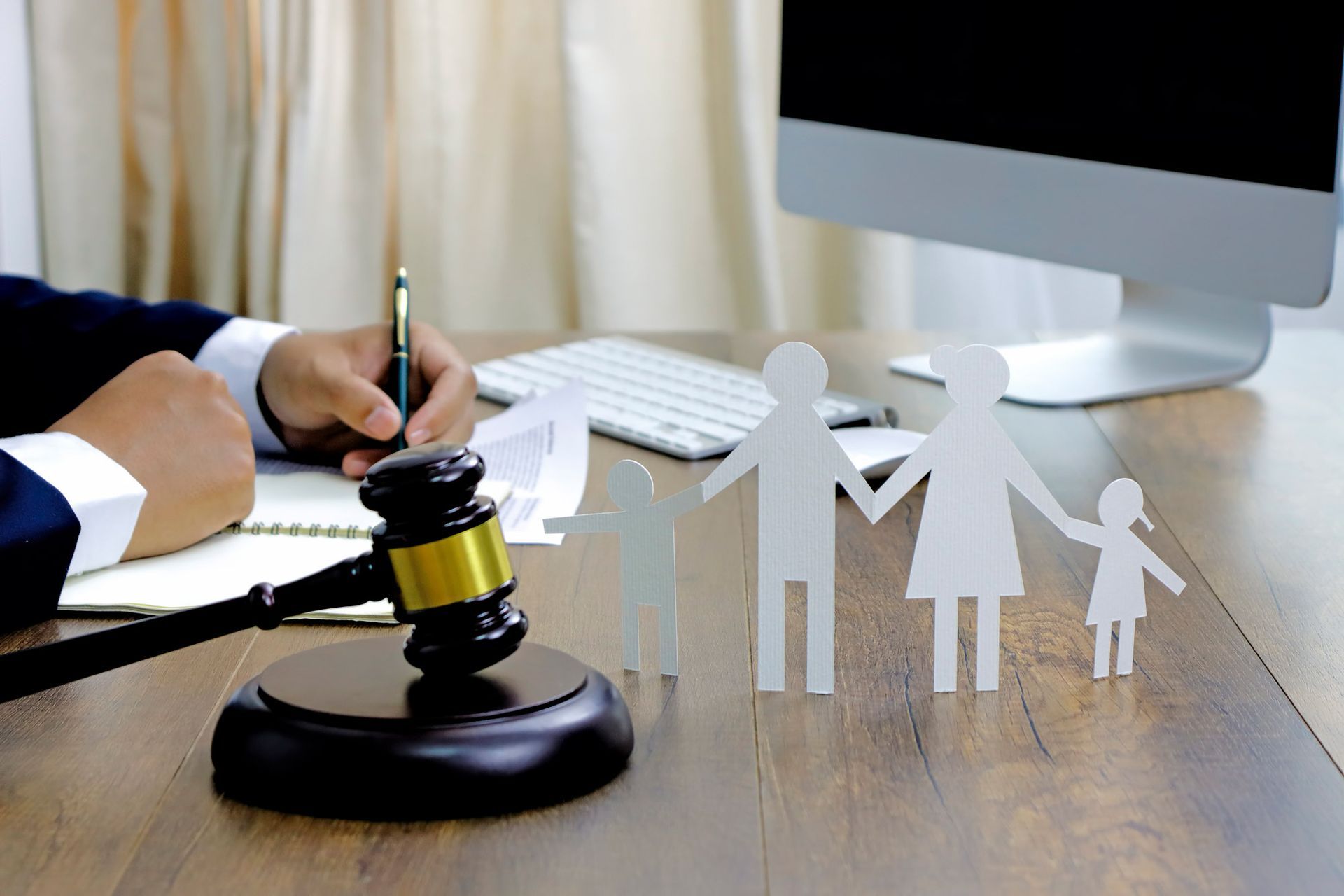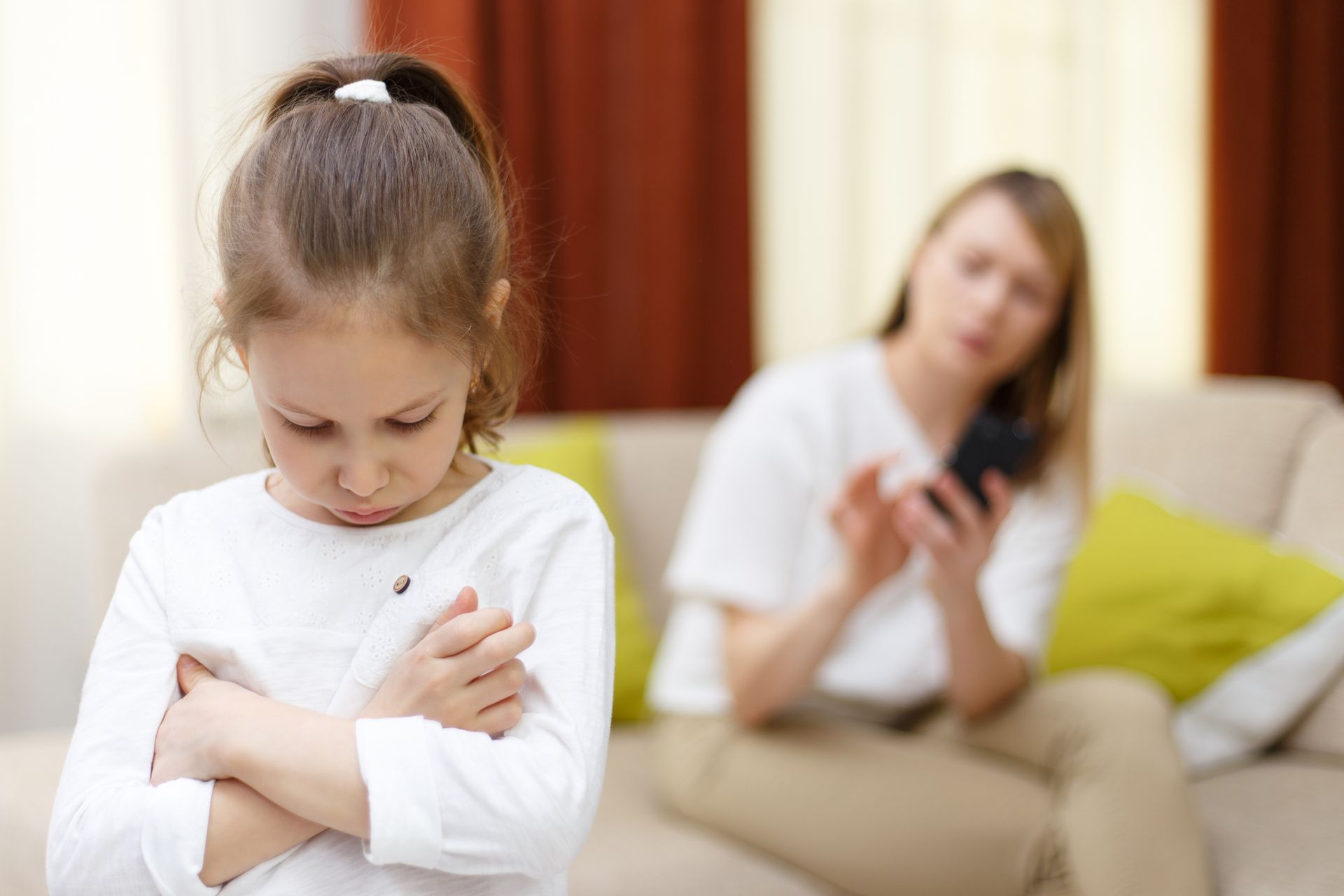How A DUI Can Affect Child Custody | Allan Brandon Tise PLLC, Attorney at Law
October 13, 2021

A DUI (driving under the influence) conviction can affect your child custody efforts. However, the effect is not automatic. The effect will only be there if the court determines that your DUI can negatively affect your child's wellbeing. Below are some of the times in which the court might make such a determination.
You Committed a DUI With a Child Passenger One of the first things the court will be interested in is whether you had your child in the car at the time of your DUI. Even having a minor passenger who is not your child in the car is a cause for concern. A DUI increases the risk of an accident by impairing your judgment, reducing your reaction time, and impairing your vision.
Thus, a DUI with a child passenger puts the child needlessly in danger. At the same time, child custody determination should look out for the best interests of the child. Thus, a DUI with a child passenger negatively impacts your chances of physical child custody.
You Have Multiple DUIs A single DUI might not hurt your case as much as multiple DUIs. Judges have wide discretion in evaluating custody cases. Thus, the judge may view your single DUI as a one-time lapse of judgment.
Multiple DUIs, on the other hand, show that you have made intoxicated driving a habit. Multiple DUIs mean you have not learned your lesson, and whatever punishment you might have had for the conviction did not help. You might repeat the crime in the future and endanger your child. This situation will not help your case for child custody in any way.
Your DUIs Are Recent How recent of your DUIs are also matters. For example, DUIs committed over ten years ago might not carry the same weight as DUIs committed a year ago. The more time has passed since your last DUI, the better for you in a pending custody action.
The rationale here is that the judge doesn't know whether you have learned the errors of your ways and whether you changed if your DUIs are recent. However, you are less of a danger to your child if you have gone a long time without a DUI.
You Show Evidence of Alcohol Abuse A DUI conviction, by itself, is not the same as alcohol abuse. However, a DUI plus other signs of alcohol problems can mean alcohol abuse. The court might be concerned about the possibility of alcohol or drug abuse if you are fighting for child custody. Signs of alcohol abuse may include irritability and mood swings, isolation from family members or friends, and short-term memory loss.
These, coupled with your DUI, might change your child custody chances.
Your DUI Has Affected Your Parenting A DUI can affect your parenting in multiple ways. You might struggle to spend time with your children if you have to spend a lot of time in court, doing community service, or attending alcohol classes. Also, you might be unable to drive your kids, to school or the dentist or meet for custody exchanges if the authorities have suspended your driving license after a DUI conviction.
In such cases, your DUI has a direct effect on your child, and the court will consider it against you during custody deliberations.
Contact Allan Brandon Tise. We can evaluate your circumstances and help you attempt to get custody of your child.
You Committed a DUI With a Child Passenger One of the first things the court will be interested in is whether you had your child in the car at the time of your DUI. Even having a minor passenger who is not your child in the car is a cause for concern. A DUI increases the risk of an accident by impairing your judgment, reducing your reaction time, and impairing your vision.
Thus, a DUI with a child passenger puts the child needlessly in danger. At the same time, child custody determination should look out for the best interests of the child. Thus, a DUI with a child passenger negatively impacts your chances of physical child custody.
You Have Multiple DUIs A single DUI might not hurt your case as much as multiple DUIs. Judges have wide discretion in evaluating custody cases. Thus, the judge may view your single DUI as a one-time lapse of judgment.
Multiple DUIs, on the other hand, show that you have made intoxicated driving a habit. Multiple DUIs mean you have not learned your lesson, and whatever punishment you might have had for the conviction did not help. You might repeat the crime in the future and endanger your child. This situation will not help your case for child custody in any way.
Your DUIs Are Recent How recent of your DUIs are also matters. For example, DUIs committed over ten years ago might not carry the same weight as DUIs committed a year ago. The more time has passed since your last DUI, the better for you in a pending custody action.
The rationale here is that the judge doesn't know whether you have learned the errors of your ways and whether you changed if your DUIs are recent. However, you are less of a danger to your child if you have gone a long time without a DUI.
You Show Evidence of Alcohol Abuse A DUI conviction, by itself, is not the same as alcohol abuse. However, a DUI plus other signs of alcohol problems can mean alcohol abuse. The court might be concerned about the possibility of alcohol or drug abuse if you are fighting for child custody. Signs of alcohol abuse may include irritability and mood swings, isolation from family members or friends, and short-term memory loss.
These, coupled with your DUI, might change your child custody chances.
Your DUI Has Affected Your Parenting A DUI can affect your parenting in multiple ways. You might struggle to spend time with your children if you have to spend a lot of time in court, doing community service, or attending alcohol classes. Also, you might be unable to drive your kids, to school or the dentist or meet for custody exchanges if the authorities have suspended your driving license after a DUI conviction.
In such cases, your DUI has a direct effect on your child, and the court will consider it against you during custody deliberations.
Contact Allan Brandon Tise. We can evaluate your circumstances and help you attempt to get custody of your child.

Alimony negotiation is one of the toughest parts of divorce proceedings. As the supporting spouse in alimony negotiations, you may have difficulty accepting that you must support your spouse financially, in the future, even though you are no longer married. If you are not careful, the mental and emotional pressure of alimony negotiations may lead you to make mistakes that affect your financial future. To help you avoid jeopardizing your finances, read on to learn about four mistakes you should avoid during alimony negotiations.














